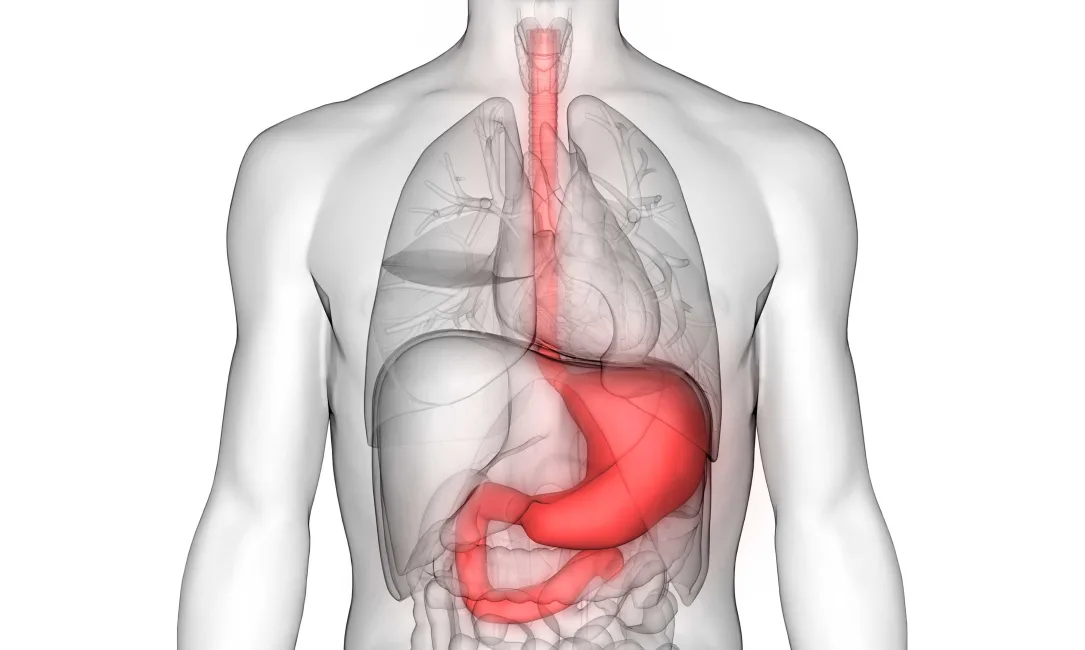Understanding Gastroparesis: When Your Stomach Takes Its Time
Introduction:
Gastroparesis is a condition that affects the stomach’s ability to contract and empty properly. This can lead to various uncomfortable symptoms after a meal including nausea, vomiting, bloating and abdominal pain. Although it is not as well-known as some digestive conditions, it can significantly impact a person’s quality of life. August is Gastroparesis Awareness Month and in this blog article, we’ll explore what gastroparesis is, its causes, common symptoms, diagnosis, and available treatments.
What is Gastroparesis?
Gastroparesis, sometimes referred to as delayed gastric emptying, is a condition where the muscles in the stomach fail to function normally. As a result, food stays in the stomach longer than it should, leading to a delay in its passage into the small intestine. This disruption in the normal digestive process can cause a range of digestive problems and discomfort.
Causes of Gastroparesis:
Gastroparesis can develop due to various factors, including:
- Diabetes: The most common cause of gastroparesis is diabetes. High blood sugar levels can damage the nerves that control stomach muscles, leading to improper functioning.
- Post-surgical Complications: Some individuals may develop gastroparesis after undergoing abdominal surgeries that affect the vagus nerve, responsible for stomach muscle movement.
- Neurological Disorders: Conditions like Parkinson’s disease or multiple sclerosis can also interfere with the nerve signals that regulate stomach motility.
- Medications: Certain medications, such as opioids and some antidepressants, can slow down gastric emptying and contribute to gastroparesis.
- Idiopathic Gastroparesis: In some cases, the exact cause of gastroparesis remains unknown, and this is referred to as idiopathic gastroparesis.
Common Symptoms:
Gastroparesis can present with a variety of symptoms, which typically occur after eating. Symptoms of gastroparesis can include:
Nausea & Vomiting: Feeling nauseous and experiencing vomiting, especially after eating.
Feeling Full Quickly: Sensation of fullness even after consuming small amounts of food.
Abdominal Pain: Persistent discomfort or pain in the abdomen.
Bloating: Increased gas and bloating due to delayed digestion.
Heartburn or Reflux: Acid reflux symptoms may worsen as food lingers in the stomach.
Unintended Weight Loss: As eating becomes difficult and uncomfortable, unintentional weight loss can occur.
Diagnosis:
If you suspect you may have gastroparesis or experience any of the symptoms mentioned above, it’s crucial to consult a gastroenterologist. The diagnostic process may include:
Medical History and Physical Examination: The first step in the diagnostic process is to discuss your symptoms and medical history, and to perform a physical examination.
Gastroscopy: A gastroscopy (or upper GI endoscopy) is a test to examine the inside of the stomach with a thin flexible camera. It allows us to check for any physical narrowing or blockages that may cause delays to stomach emptying
Gastric Emptying Study: A common test to diagnose gastroparesis is a gastric emptying study. During this procedure, you’ll eat a meal labelled with a nuclear medicine marker, and its movement through your digestive system will be tracked.
Treatment Options:
While there is no cure for gastroparesis, various treatment approaches can help manage its symptoms and improve your overall well-being. Some common treatment options include:
Dietary Changes: Eating smaller, more frequent meals and opting for easily digestible foods can alleviate discomfort. A more liquid or softer diet can also help.
Medications: Medications that promote stomach emptying or control symptoms like nausea and acid reflux can help with gastroparesis
Electrical Stimulation: In some cases, a procedure called gastric electrical stimulation may be recommended to regulate stomach contractions.
Lifestyle Modifications: Quitting smoking, reducing alcohol intake, and managing stress can positively impact gastroparesis symptoms.
Conclusion:
Gastroparesis may present challenges, but with proper management and support, individuals can lead fulfilling lives. If you suspect you have gastroparesis or experience digestive issues, don’t hesitate to make a clinic appointment to speak with me. Understanding your condition is the first step towards effective management and a better quality of life.
For Queries regarding Gastroenterology feel free to reach out on
hello@drneildubai.com
or
Whatsapp me at +971506708472
or
Visit me at @healthbayclinic ‘s Day Surgery Center, 977 Al Wasl Road, Dubai







